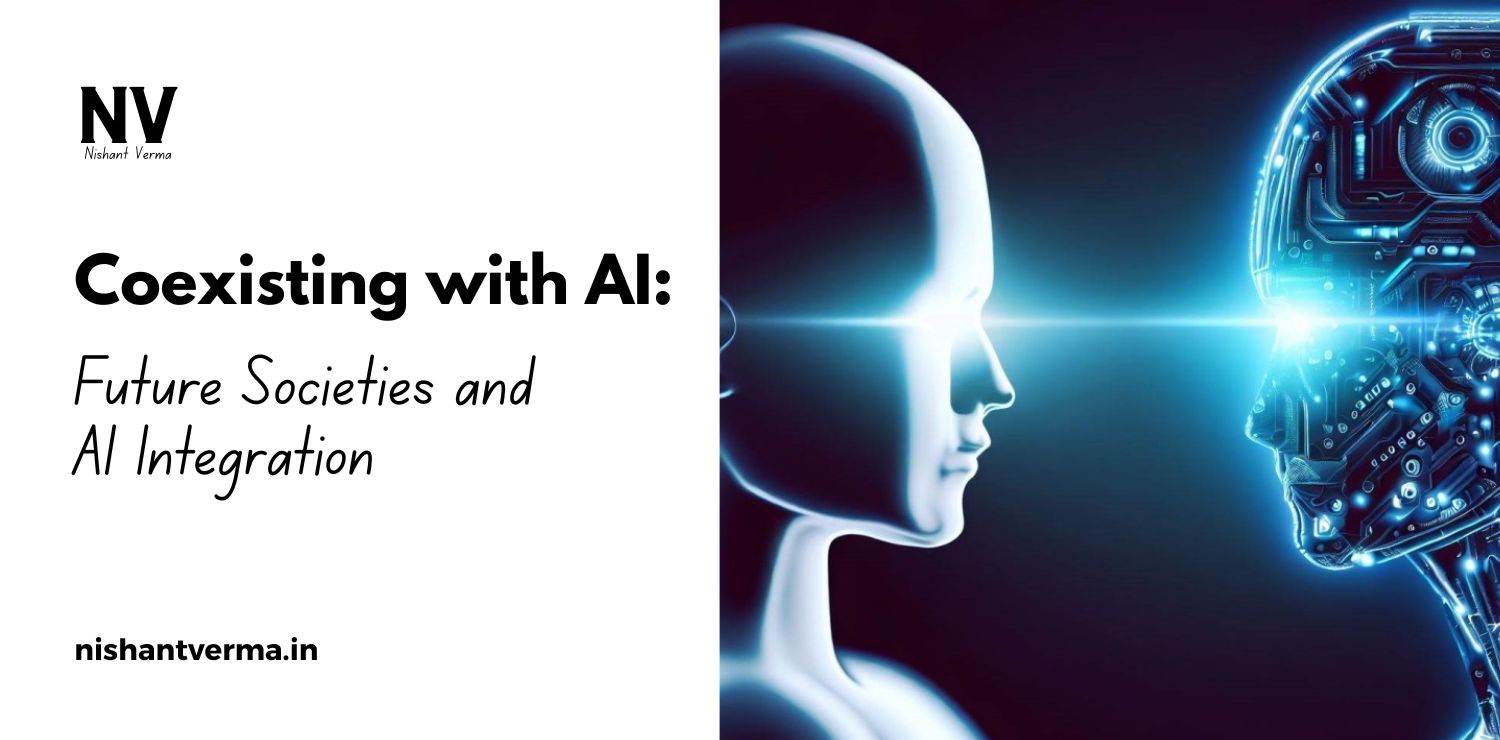Artificial Intelligence, or AI, is no longer just a part of science fiction movies. It is now a real and powerful technology that is changing the way we live, work, and think. From smartphones and smart TVs to online shopping and digital banking, AI is everywhere. As India steps into the digital future, it is important that our children and young people are prepared for an AI-driven world. This article will explain how we can do that in a simple and practical way, especially keeping in mind the Indian audience.

Why is AI Important for the Next Generation?
The future will be very different from the past. In the coming years, most jobs will be influenced by technology. New types of careers will be created, while some traditional jobs may disappear. AI will play a major role in industries like healthcare, education, agriculture, finance, and transportation.
For example, doctors may use AI to detect diseases early, teachers may use AI tools to create personalized learning plans, and farmers may use AI to predict weather and crop health. If the next generation is not prepared for these changes, they may find it hard to keep up with the competition in the job market.
That is why learning about AI and understanding how it works is no longer optional. It is now as important as learning maths, science, or languages. The earlier children start learning about AI, the better prepared they will be for the future.
How Can Parents Help Their Children Become AI-Ready?
Many Indian parents may feel that AI is too technical or too far away from their everyday life. But in reality, there are many simple ways parents can guide their children to be ready for an AI-powered world.
Firstly, encourage curiosity. If your child asks how Google knows what they want to search, or how YouTube suggests videos, talk to them about AI in simple words. Use real-life examples like Google Maps, voice assistants, or online shopping to explain how machines learn from data.
Secondly, support digital learning. Even in small towns and villages, children now have access to smartphones and the internet. Encourage your child to explore educational platforms that offer basic coding, logic puzzles, and AI concepts. Websites like Code.org, Scratch, and even YouTube have fun and engaging content for beginners.
Thirdly, focus on life skills. AI is not just about coding or machines. It also involves critical thinking, creativity, communication, and problem-solving – all of which can be taught through everyday activities. Helping children ask questions, solve problems, and think for themselves is just as important as teaching them to use a computer.
What Role Should Schools Play in the Age of AI?
Schools play a very big role in shaping the mindset and skills of the next generation. In India, the National Education Policy (NEP) 2020 has already recognized the importance of introducing technology and 21st-century skills in school education. This is a great step forward.
Schools should start by including basic AI and coding in their curriculum, even at the primary level. These lessons don’t have to be difficult. They can be made fun and interactive through games, projects, and storytelling. For example, students can build simple robots using kits or learn how computers make decisions using simple logic puzzles.
Teachers also need support and training. Just as students are learning new things, teachers too should be given the right tools and knowledge to teach AI. Workshops, online courses, and digital tools can help teachers upgrade their skills and stay updated with the latest technology.
Moreover, schools should focus on project-based learning. Instead of just memorizing theory, students should be encouraged to work on small real-life projects where they apply what they’ve learned. For example, building a chatbot, creating a smart attendance system, or designing an AI-based quiz app can make learning more meaningful.

The Role of Government and Private Sector in Building AI Skills
India is a young country with a huge population of students and youth. Preparing them for an AI-driven world is not just the responsibility of parents and schools – the government and private companies must also play their part.
The Indian government has already taken several steps through initiatives like Digital India, Atal Tinkering Labs, and the Responsible AI for Youth program. These programs are aimed at introducing students to AI, robotics, and innovation at a young age.
Private companies like Google, Microsoft, and IBM are also running AI education programs in collaboration with Indian schools and colleges. Many of these are free or low-cost and available in regional languages. They help students from all backgrounds learn about AI and build future-ready skills.
To make a bigger impact, these programs should reach not just metro cities but also rural areas. India’s true strength lies in its diversity. AI education should be inclusive so that children from all parts of the country, regardless of income or language, can benefit equally.
How Can Students Start Their Journey in AI?
If you’re a student reading this, the good news is – it’s never too early or too late to start. You don’t need to be an expert in maths or science to begin learning about AI. Start small. Start with curiosity.
You can begin by watching videos or reading articles that explain AI in simple words. Then, try out some beginner-friendly platforms like Scratch, Code.org, or Google’s Teachable Machine. These tools help you build simple AI projects without writing a lot of code.
As you grow more confident, you can move to platforms like Python, which is a popular programming language for AI. There are many free courses and videos in Hindi and other Indian languages that teach Python and basic AI concepts.
Participate in school competitions, science fairs, or online hackathons. These activities not only improve your knowledge but also build confidence and creativity. Connect with other students who are interested in technology. Learning in groups or with friends makes the journey more fun and effective.

What Are the Career Opportunities in an AI-Driven World?
The job market in India is changing fast. AI is becoming a key skill in almost every industry. Here are some exciting careers that students can aim for in the future:
- Data Scientist: Works with large sets of data to find useful patterns and help companies make decisions.
- AI Engineer: Builds smart systems and machines that can learn from experience.
- Robotics Engineer: Designs robots that can perform tasks like cleaning, delivering food, or assisting doctors.
- AI in Healthcare: Develops tools that help in early disease detection or personalized treatment.
- AI in Agriculture: Creates systems that help farmers improve crop quality and increase production.
Apart from these, there are also roles in AI ethics, education, policy-making, design, and customer service. AI is not just for engineers or scientists – it is for artists, writers, teachers, and social workers too.
Conclusion: The Future Belongs to the Prepared
India is at a turning point. With one of the youngest populations in the world, we have a golden opportunity to lead in the age of AI. But to do that, we must prepare our children and youth with the right knowledge, skills, and mindset.
Parents need to support curiosity and digital learning. Schools need to introduce AI in fun and practical ways. The government and private sector must work together to make AI education accessible to all. And students must take the first step with curiosity and confidence.
The AI-driven world is not something to fear. It is a world full of opportunities – for learning, growing, and creating a better future. Let’s help the next generation be ready to lead in that world.




